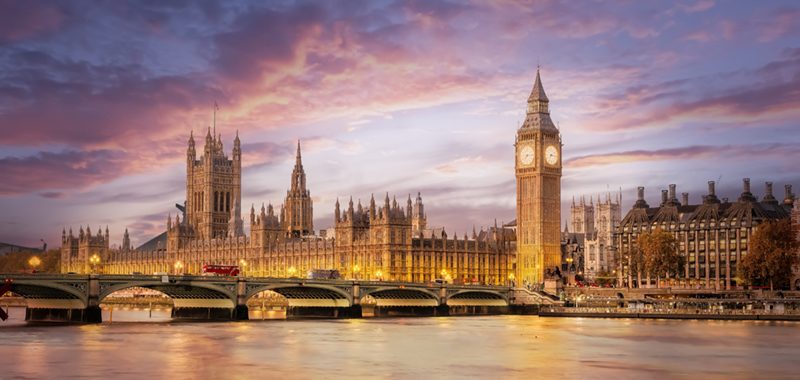By James Kennedy
Just weeks ago, the UK Supreme Court said what most people instinctively know: ‘man’ means male, and ‘woman’ means female.
It was talking about the Equality Act 2010, of course. But the principle is an important one. If the law presumes upon a biological distinction, it drives a wedge through the ludicrous if increasingly widespread belief that the distinction is a figment of the imagination.
It’s a far cry from what Stonewall and other activists have long insisted. No, you can’t believe yourself into another sex. You can’t paperwork your way out of biology with a ‘gender recognition certificate’. And now, the highest court in the land has said so.
You might say: “Maybe, but that’s just the meaning of ‘sex’ in the Equality Act 2010. There are still protections for ‘gender transition’, which broadly covers those who call themselves ‘trans’. So, what’s it got to do with a ‘conversion therapy’ law?”
A simple question, a clear answer
The Supreme Court was asked a deceptively simple question: when the Equality Act says ‘man’ or ‘woman’, does it mean biological sex or self-declared gender?
And the answer was unanimous: biological sex.
It explained that interpreting ‘sex’ to mean ‘whatever someone says it is’ would make the law unworkable. It would gut key protections – like single-sex spaces, services, and safeguards – by making them impossible to apply consistently or fairly.
Westminster’s sweetener for Stonewall
Well, in practically the same breath as it welcomed the Supreme Court ruling, the Westminster Government reaffirmed its promise of a ‘conversion therapy’ law. It looked more like a sweetener for Stonewall than a principled position.
Bridget Phillipson MP, the Minister for Women and Equalities, told the Commons:
“I know that many trans people will be worried in the wake of the Supreme Court ruling, so I want to provide reassurance… We will deliver a full trans-inclusive ban on conversion practices.”
This sympathetic tone reminds us that some had longed for a different outcome to this court case. But Phillipson has failed to spot that it was Stonewall that led the charge for the misinterpretation of the law. Stonewall itself is responsible for the hurt felt.
Any devastation among ‘the LGBTQ community’ is the result of being led down the garden path. Stonewall was wrong all along; ‘gender identity’ never had anything to do with ‘sex’ in the Equality Act. They may be disappointed, but the activists need no apology from the Minister of Equalities.
Runners-up get the top prize
Much worse, the consolation prize apparently on offer – a trans-inclusive conversion therapy law – could end up giving the ideologues more legal power than if they had won the court case.
Indeed, some have compared a “trans-inclusive ban on conversion practices” to a Self-ID law in all but name. Because if the definition of a ‘conversion practice’ is vague enough, then simply questioning someone’s claimed gender identity could trigger a police investigation.
This isn’t progress. It’s legal and moral incoherence.
What would this law really do?
As lawyers have repeatedly pointed out, such a law would trample over fundamental freedoms. It would almost certainly breach the European Convention on Human Rights by targeting:
- – Parents who urge caution when a child declares a new gender identity;
- – Anyone who helps someone avoid rushing into irreversible treatments;
- – Pastors and church leaders who support people seeking to live in line with their faith;
- – Christian friends who pray for each other to resist sexual temptation.
Let’s be clear, the Supreme Court didn’t deny ‘trans rights’. It reaffirmed that legal sex must be grounded in reality, or else the law itself becomes meaningless. But the corollary of that is that biological reality matters, and distinction between the sexes is very important.
So how could Westminster now push forward with legislation that threatens to criminalise those who believe that sex is not self-defined?
This is about freedom of belief
No one defends cruel or coercive practices. While many activists have shouted about the need for protection from ‘torture’, existing law is already sufficient.
A new law would undoubtedly go much further; certainly, if it’s to be at all welcomed by Stonewall.
No, this isn’t about torture, it’s about speech, conscience and belief.
The real danger isn’t abuse, which is already illegal. It’s a vague and ideological law that could punish people simply for being honest, cautious or faithful.
Sign up to the Let Us Pray campaign for updates – join the campaign.
